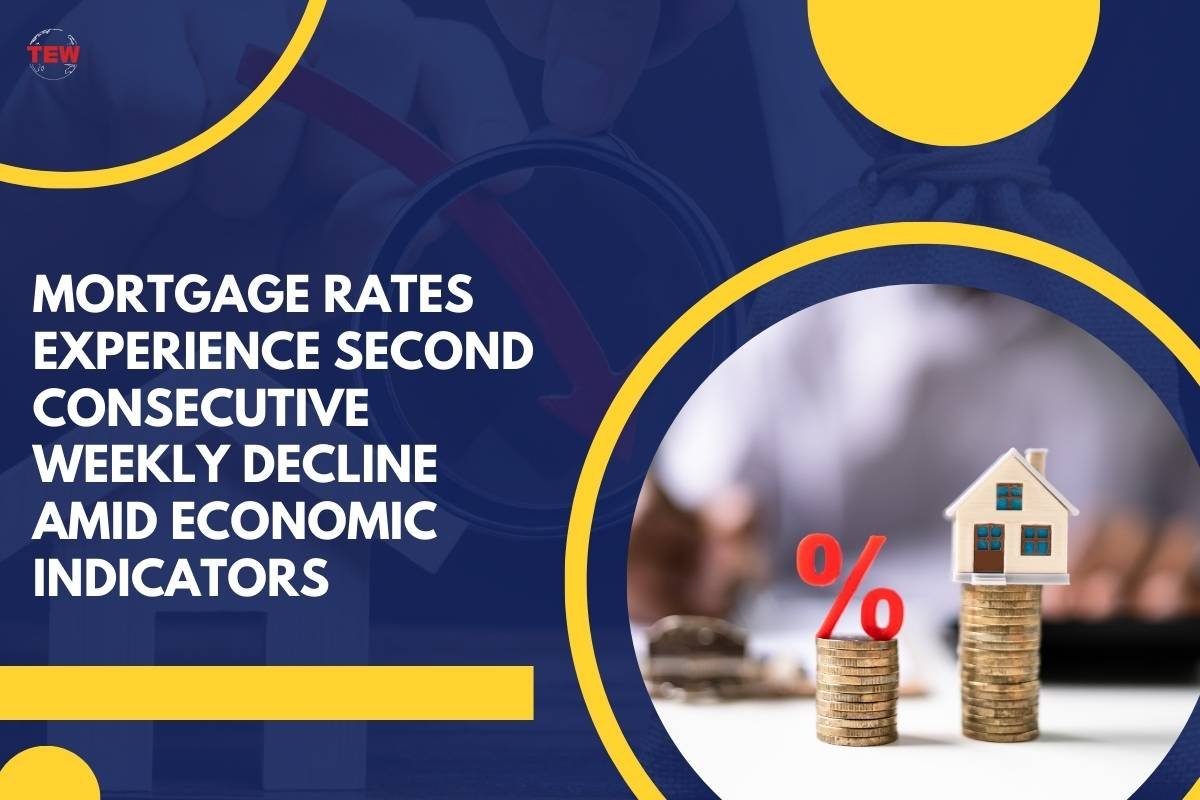In a trend marking the second consecutive week, mortgage rates have demonstrated a notable decline, easing by nearly a quarter of a percentage point over the past fortnight, buoyed by unexpectedly robust employment and inflation data.
Mortgage Rates Respond to Strong Employment and Inflation Figures
According to data released by Freddie Mac on Thursday, the average 30-year fixed-rate mortgage stood at 6.74% for the week ending March 14, showcasing a tangible decrease from the previous week’s 6.88%. A comparative analysis against the same period last year reveals a marginal increase, with rates hovering around 6.60%.
While the recent downward trajectory in rates offers a glimmer of hope for prospective homebuyers, experts caution against anticipating a significant drop in the near term. Sam Khater, Chief Economist at Freddie Mac, underscored the persistent challenge posed by inflationary pressures, suggesting that rates may remain relatively elevated in the foreseeable future. Khater remarked, “Despite the recent dip, mortgage rates remain high as the market contends with the pressure of sticky inflation. In this environment, there is a good possibility that rates will stay higher for a longer period.” Over the past four months, mortgage rates have exhibited a gradual decline from their peak of 7.79% last year, contributing to enhanced affordability amidst one of the most challenging housing markets in decades.
However, despite the downward trajectory in rates, the economy continues to exhibit signs of resilience, with February’s inflation figures and job market performance surpassing expectations, hinting at a stronger-than-anticipated economic landscape.
Mortgage Rates SKYROCKET | 2024 Housing Market Update
Applications Surge Amidst Rate Sensitivity and Market Uncertainty
The sensitivity of homebuyers to fluctuations in mortgage rates remains pronounced. Following the slight dip in rates observed last week, there has been a notable uptick in mortgage applications, with a 7% increase reported for the week ending March 8 compared to the previous week, as per data from the Mortgage Bankers Association.
Persistent inflationary pressures serve as a primary determinant in the sustained elevation of mortgage rates. The Federal Reserve’s concerted efforts to curb inflation through a series of rate hikes have yielded moderate success over the past two years. However, Federal Reserve Chair Jerome Powell has emphasized the necessity for consistent evidence indicating an improvement in inflationary dynamics before contemplating rate cuts.
With Federal Reserve rate cuts not anticipated before the summer, and potentially deferred until the fall, the housing market, which had initially anticipated rate adjustments as early as March, finds itself grappling with sustained elevation in mortgage rates.
As the housing market navigates through a complex economic landscape characterized by inflationary challenges and shifting interest rate dynamics, stakeholders are advised to remain vigilant and informed, adapting strategies accordingly to navigate through these uncertain times.





